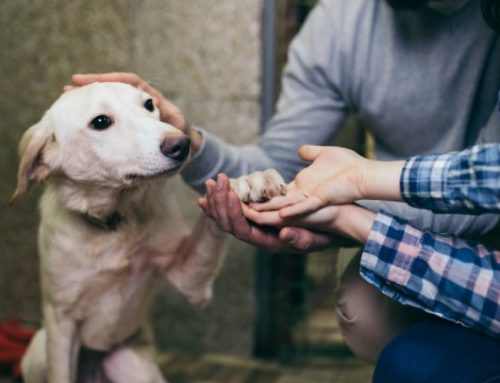Start Your Own Sanctuary
Examine your motives. “Be brutally honest with yourself. Why do you want to operate a sanctuary? If your only answer is because you love the animal, stop and rethink what you are doing – because love is not enough,” says Richard Hoyle. “The level of commitment, heartaches, dedication, time, energy, money and just plain sweat it takes will soon exceed the love factor.”
Educate yourself. Volunteering at a sanctuary is probably the best way to learn. Visit other facilities, speak to the directors and staff and ask questions.
Define your goals. Draft a written mission statement defining the purpose and goals of the sanctuary. How will the sanctuary grow? Take a long-term view.
Make it official. To incorporate, you will need a mission statement, as well as bylaws and articles of incorporation. These documents will be required by the IRS if you hope to qualify for tax-exempt status. A lawyer who specializes in nonprofits may be helpful and is almost always necessary unless you are willing and able to process the paperwork yourself. Become accredited. This will help establish credibility and will give you access to a broad community of sanctuaries. Mini-Pigs is an accredited member of the Association of Sanctuaries (www.taosanctuaries.org).
Choose your location carefully. Check with your town to make sure the location you have in mind is zoned for the use you intend. Potbellied pigs, for example, are considered “exotic pets” by the USDA, but most states list them on the books as “livestock.” Therefore, laws regarding the latter apply.
Learn to fund-raise. Niche shelters, such as Mini-Pigs, may find it harder to raise money than more conventional companion-animal sanctuaries. Compounding the challenge, the Hoyles are in the middle of farm country, where pigs are generally considered a commodity. The sanctuary, therefore, is regarded as a bit of an oddity. Consequently, the majority of the funding for Mini-Pigs comes from the Hoyles themselves, who hold full-time jobs outside the sanctuary.
Be realistic. Resolve to grow only as your funding, space and time allow. This will likely mean making tough decisions about accepting animals.






Leave A Comment
You must be logged in to post a comment.